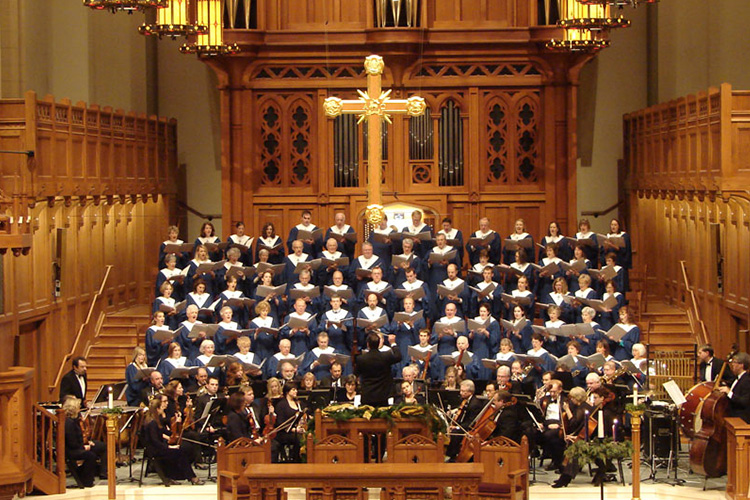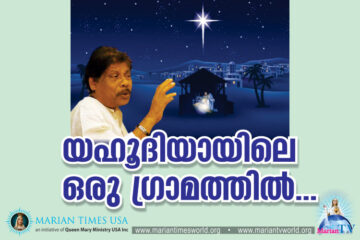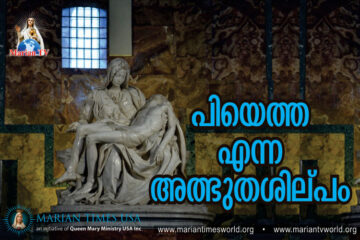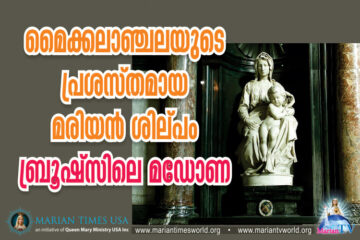TE DEUM: The song of the Church

In the autobiographical book written by Fr. Gereon Goldmann ‘The Shadow of his wings’, we read a very inspiring incident. Goldmann, a German by birth, lived during World War II. A Franciscan seminarian, he was forced by the Nazis to serve the army, along with other seminarians. Goldmann gives a very vivid picture of himself and his colleagues singing the hymn of the Church named ‘Te Deum’, from the tree tops on which they were compelled to climb. This brave gesture in fact surprised the arrogant Nazis.
One would be curious to know what this hymn really is and about its origins. The hymn got its name ‘Te Deum’ from the opening lines of the hymn ‘Te Deum laudamus,’ which is translated as “Thee, O God, we praise”.
There is a legend associated with the great hymn in which Saints Ambrose and Augustine are involved. According to the legend, it was jointly composed by both the saints on the occasion of Augustine’s baptism in AD 387. Hence, the hymn is also known as Ambrosian Hymn. It has also been ascribed to Saint Hilary. But The Historical Companion to Hymns Ancient and Modern says “it is now accredited to Nicetas, bishop of Remesiana”.
The legendary hymn of the Church is often sung jubilantly on occasions of great joy or great victory. During the Hundred Years’ War, when St. Joan of Arc and the French army entered the town of Orleans after the successful Siege, the people of the town chanted this hymn in exultation.
Much of the text is composed of traditional statements of belief; and unlike most hymns, it is prose. The melody derives from various pre-Gregorian and Gregorian melodic styles. Many renowned composers have rendered various tunes to the text. Haydn, Mozart, Berlioz, Verdi, Bruckner, Furtwängler, Dvořák, Britten, Kodály, and Pärt are the prominent among them.
The earliest evidence for the use of this hymn in the Divine Office is found in St. Caesarius of Arles in 502. St. Benedict also prescribed it for his monks. Te Deum is recited before the concluding prayer of the Office of Readings on all Sundays outside of Lent, during the octaves of Easter and Christmas, and on solemnities and feasts.
It is also common to sing the Te Deum as a hymn of thanksgiving to God on special religious and civil occasions. Religious occasions would be such as the election of a pope, the consecration of a bishop, the canonization of a saint, religious profession, and other significant occasions.









